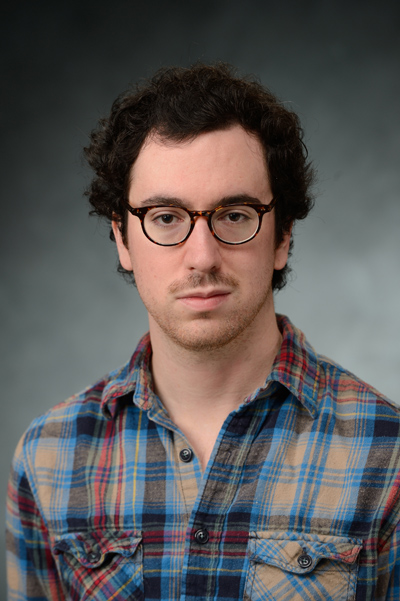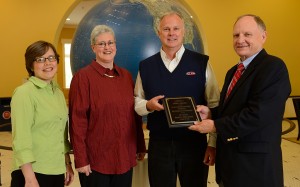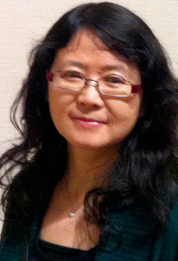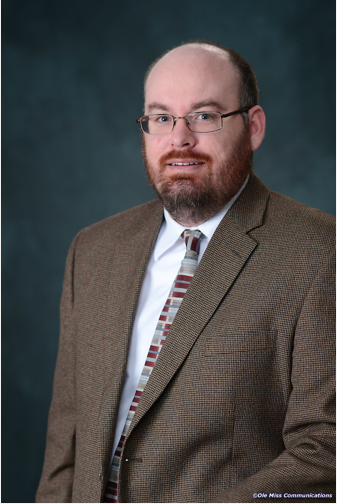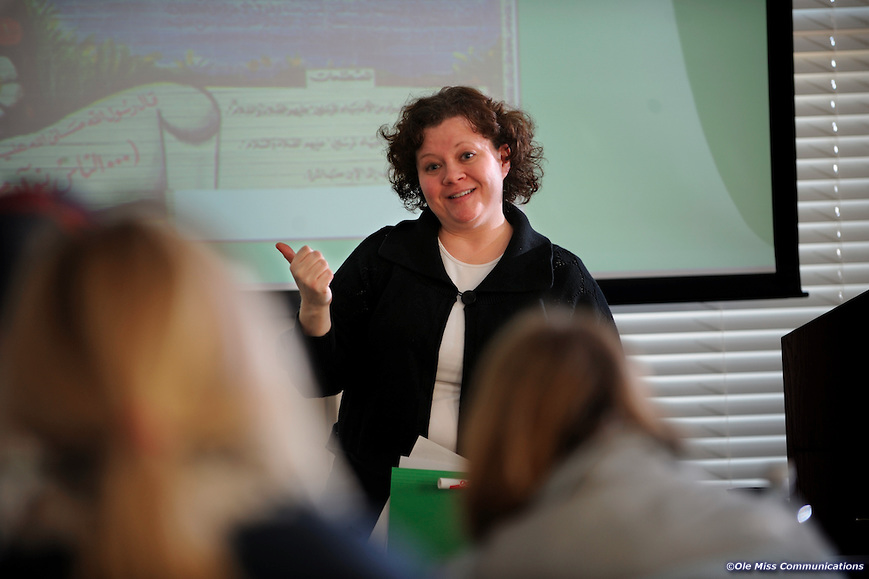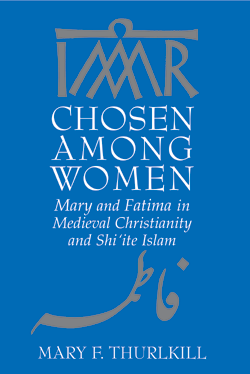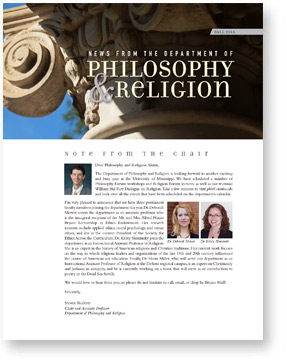A University of Mississippi graduate has gained national recognition as a creative writer with a piece of fiction that explores boundaries of the human heart.
Andrew Paul of Clinton, who graduated in May 2012 as a member of the Sally McDonnell Barksdale Honors College, is one of three new national Portz Scholars, named by the National Collegiate Honors Council. This is the second consecutive year for the University of Mississippi to produce a Portz, and Paul becomes the university’s fourth Portz Scholar since 2002.
Majoring in religious studies, Paul composed his winning work, titled “The River Thief: A Collection of Short Fiction,” for his honor’s thesis. He has been invited to present it at the November NCHC convention in Boston. Each year, the NCHC invites honors colleges nationwide to submit outstanding research/creative papers written by their students; from those submissions, only three scholars are selected.
“When we select our nominee for the Portz, we look for work that pushes the boundaries of what is known, and does so in a professional manner,” said Honors College Dean Douglass Sullivan-González. “Andy uses fiction to explore the boundaries of the human heart. It is not an easy journey, but Andy makes it rich and worth the risks.”
Paul’s skills as a creative writer were honed under the tutelage of two award-winning writers, both UM faculty members. Jack Pendarvis, writer-in-residence, and Tom Franklin, assistant professor of fiction writing, served as director and second reader for Paul’s collection.
Paul said it’s a real honor to be recognized for his work.
“I would have been happy enough to simply finish the collection, but having other people enjoy it and want to promote it is amazing,” he said. “I plan on expanding my thesis by another two or three stories, then beginning a new collection.
“I’m particularly interested in what it means to be a modern Jew in the South. I tried my best to merge the Southern writing that I love–Lewis Nordan, Barry Hannah, Tom Franklin and others–with Eastern European Jewish archetypes and folktales. A lot of Southern Jewish ‘culture’ I’ve seen appears to boil down to Judaism meets fried chicken. I want to show that there is a lot more to it than that–that there are a lot of complex nuances and issues related to the culture.”
As for the future, Paul said he plans to apply to M.F.A. programs around the country and hopes to eventually get his first collection of stories picked up by a publisher.
Other University of Mississippi Portz Scholars are Ryan Parsons (2011) of Hattiesburg, international studies and Chinese; Heather Carrillo (2006) of Little Rock, Ark., classics and art history; and Amanda Guth of Tremont (2002), psychology and biology.
BY ELAINE PUGH, SEPTEMBER 12, 2012
